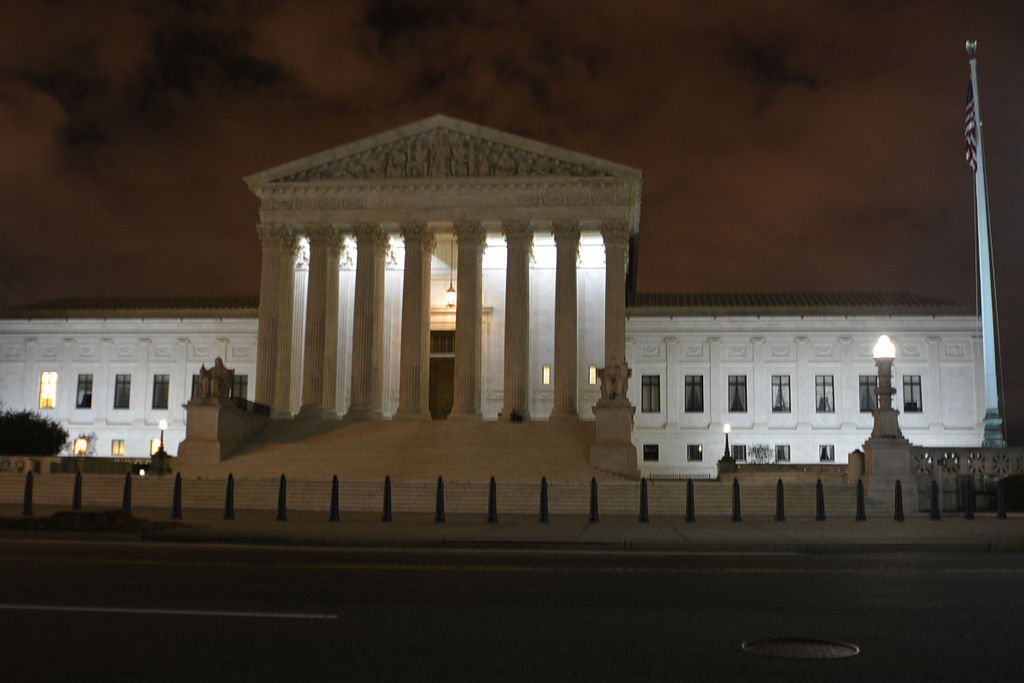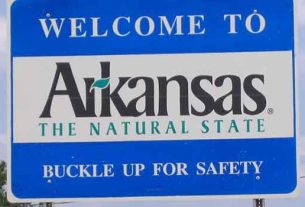The State of New Jersey has reportedly committed $8.7 million in the state’s attempt to tackle the Professional and Amateur Sports Protection Act (PASPA) and open the sluicegates of legal sports betting.
Gambling in NJ. Who benefits?
New Jersey has spared neither effort nor penny, with the bill soaring quite high. However, the trade-off is well-considered. Should the federal sports betting ban gets overruled, New Jersey will stand to benefit from $173 million in tax revenue, a sum that is likely to grow considerably with new players entering the industry.
In addition, a report by Oxford Economics estimates that a ban will lead to the creation of over 3,600 direct and indirect jobs in the first months after the prohibition has ended.
Breaking down the money that New Jersey has spent on defending its interests in legalizing sports betting, we will have to look at the two law firms that have represented the state since 2012. Gibson Dunn & Crutcher reportedly earned $7 million between 2012 and 2017 whereas another company, Gibbons P.C. has earned $1.5 million since it became the state’s defence 2012.
New Jersey is not squandering tax-payer’s money willy-nilly, however. The state’s voters support the creation of a legal framework to have sports betting become an activity permitted by law.
Briefly, a piece of legislation known as the Sports Wagering Act reared its head but it was met with firm opposition from a multitude of sports leagues, including the NBA, NCAA, NFL, NHL, and MLB. The dispute is still raging in the U.S. Supreme Court, with all parties awaiting a final ruling by the end of the session which concludes in early July at the outside.
What Could Come Out of a the Ruling?
Atlantic City may see a quick expansion of revenue and casino properties should the ban be withdrawn. Currently, seven operators may be affected by the move, with two becoming operational in summer and five debating what to do next, should the ban remain intact.
One of the better-established operators, Caesars Entertainment Corporation has been particularly involved with the issue, mostly because of its own stake in the matters, with a number of properties across the state.
Without committing to actual plan of action, Caesars said that it would act based on the outcome of the ruling.
The Supreme Court may of course simply uphold PASPA and reaffirm the opinion that individual states may not change their gambling laws mandated by federal law. However, a far more likely scenario is that PASPA may remain, but individual states would be free to either accept or rule out the act’s regulations.
Where the Sports Betting Things Dwell
Currently, the sports betting landscape is patchy. Only a handful of state have regulated & allowed sports betting going, including Nevada, Delaware, Montana, and Oregon. However, reports continue to surface that US citizens continue to participate in clandestine wagering. The total sum of bets taken illegally cannot be confirmed, but offshore bookmakers manage to take US gamblers via gift cards, some e-wallets, and even cryptocurrency.
If the amendment is supported by the court, casinos and horse racetracks would have to contribute around 3% of what they make on wagers in the form of a fee, which is designed to offset their integration.



